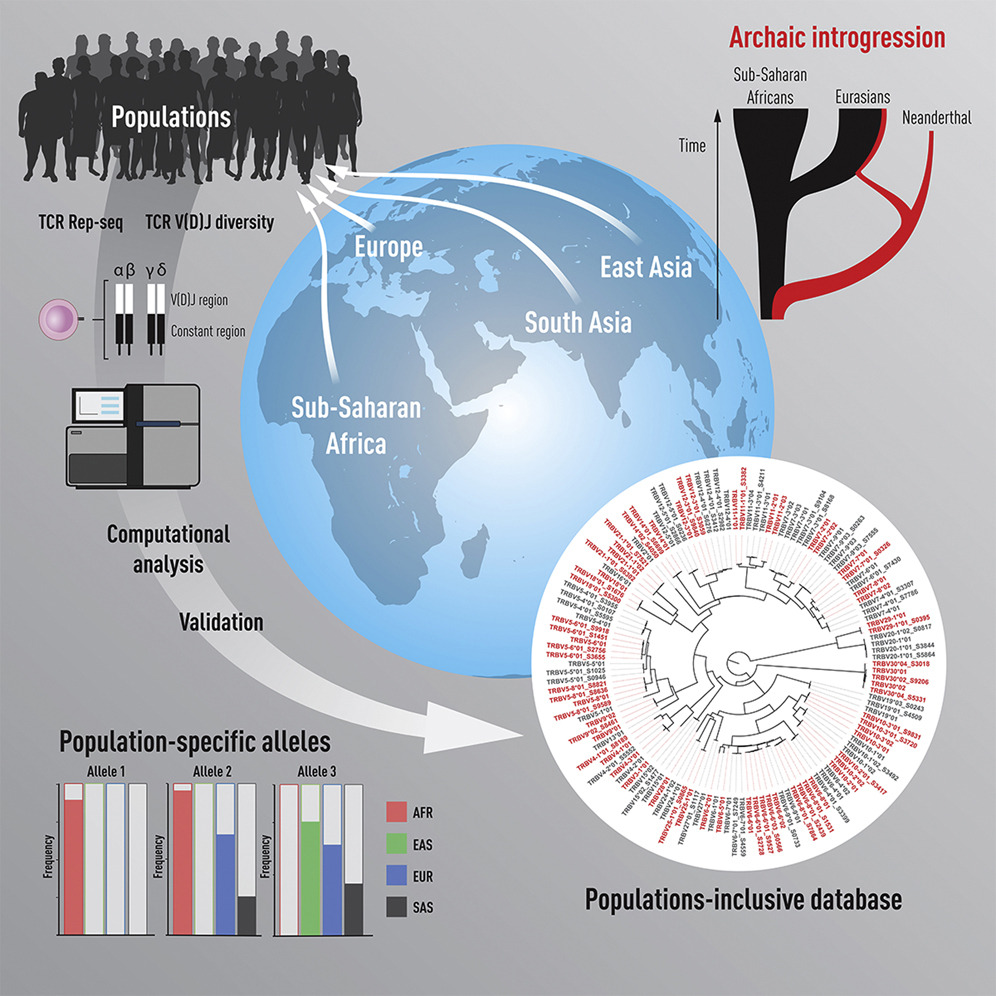Our research explores how Stakeholder Capitalism can contribute to global governance to achieve all the 17 SDGs. The main findings revealed that Stakeholder Capitalism and its principles are favorable to foster a friendly environment for achieving most of the SDGs and can contribute to global governance in achieving mainly the SDGs 8, 9, and 17. However, Stakeholder Capitalism literature is incipient for the SDGs 6, 14, and 15, needing further research development by considering non-human stakeholders and the environment.
Review article that examines 66 studies to understand the state of knowledge on the relationship between urban environment and the travel of people with disabilities. Adapts the classic travel demand model to the mobility characteristics of people with disabilities, interprets the existing literature, points out the missing links, and suggests directions of future research.
Scientific and political conversations about the role of animal-source foods (ASFs) in healthy and sustainable diets are often polarizing. To bring clarity to this important topic, we critically reviewed the evidence on the health and environmental benefits and risks of ASFs, focusing on primary trade-offs and tensions, and summarized the evidence on alternative proteins.
Health for All must include representation of people with lived experience in the research underlying health care: this paper describes a first-person experience of this in mental health.
The frequencies of immune receptors on T lymphocytes varies among African, East Asian, South Asian and European populations.
Elsevier,
Computational Modeling of Infectious Disease: With Applications in Python, 2023, Pages 93-119
This chapter advances the UN SDG Goal 3: Good Health and Well-Being by exploring the mathematical modeling and host factor models that seek to explain the pathogenic dynamics, where there are meaningful differences in the way different populations transmit disease (β differences), recover from disease (γ differences), or in some other clinically meaningful factor.
This Health Policy paper supports SDG 3 by analysing the current national action plans for antimicrobial resistance adopted by UN member states at the 2015 World Health Assembly; the authors identify gaps in key domains and highlight opportunities to facilitate sustainable delivery and operationalisation of national action plans.
This article, written by ICIS, a RELX business, explores how chemicals and energy sectors, both of which are largely fossil fuel dependent, are navigating sustainability and the movement towards net zero. This article relates to SDG 7, Affordable and Clean Energy.
This article ties to SDG 3. This study assesses the new Prolonged Grief Disorder International Classification of Diseases criteria in a large international sample of bereaved adults to test global applicability.
The authors of this paper offer a simple framework to stimulate thought and commitment to research on participation in community-based nutrition interventions and concludes that nutrition across various sectors and contexts is key to accomplishing SDG goal 2.


